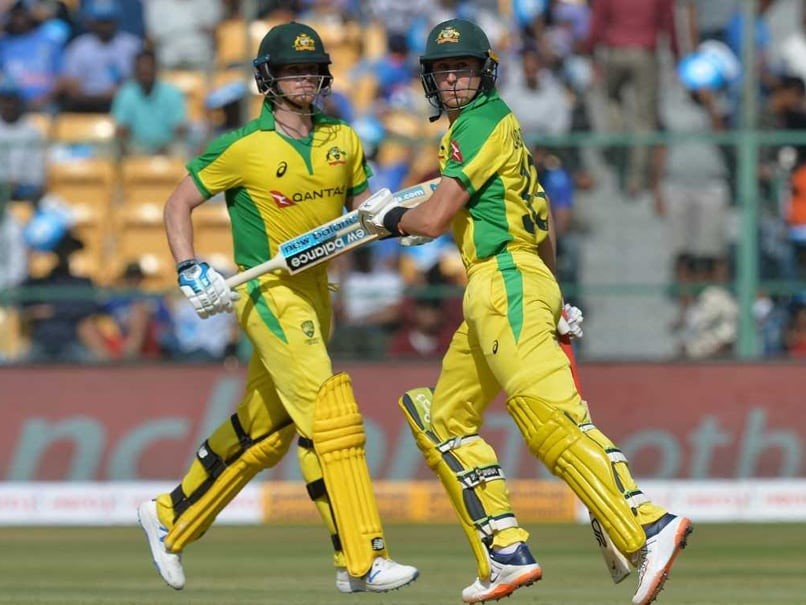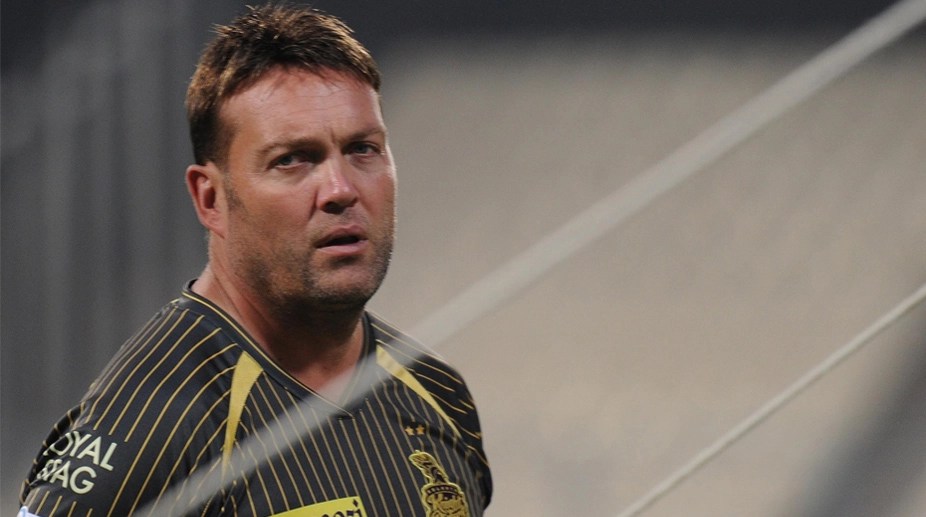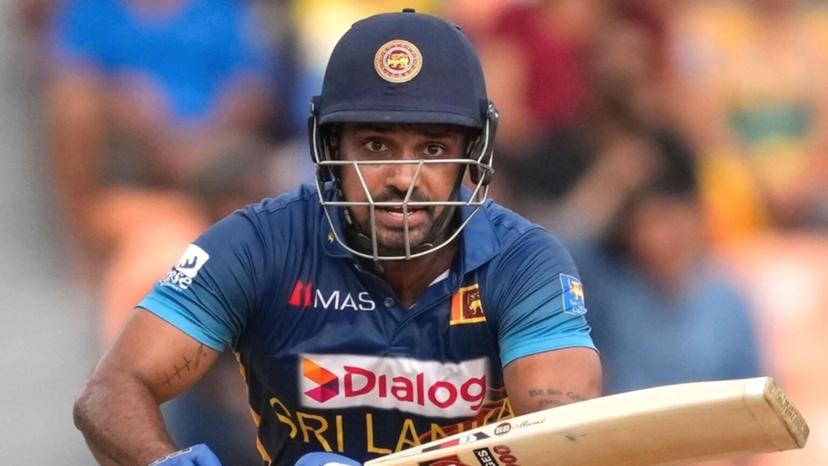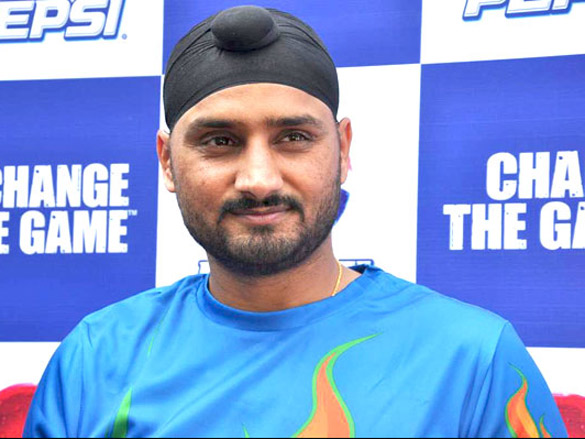
A committee of independent medical experts convenes Friday to review
Covid-19 single-dose vaccine, the final step before U.S. health regulators decide whether to authorize use of a third shot.
The panel, which includes 22 medical specialists in fields like internal medicine, pediatrics, vaccines and epidemiology, regularly advises the U.S. Food and Drug Administration about experimental vaccines. It voted to recommend shots from
Pfizer Inc.
and
Moderna Inc.
before the agency authorized them in December.
If the panel votes to endorse the J&J shot, the agency is expected to permit the product’s wide use as soon as Saturday.
How would you grade the vaccine rollout? Join the conversation below.
During the all-day public meeting, representatives from the FDA and J&J will discuss the safety and effectiveness of the company’s vaccine in a 44,000-plus subject study, according to an agenda.
The vaccine was 66% effective at protecting people from moderate to severe Covid-19, an FDA review found, and even more effective at preventing severe disease alone.
The advisory committee also will delve into how effective the J&J vaccine is in preventing new cases caused by Covid-19 mutations and to what extent the shot might reduce asymptomatic spread of the coronavirus.
That issue of silent contagion is crucial, since the virus has largely been spread by people who were infected but didn’t realize it because they had no symptoms.
J&J, citing preliminary evidence in an analysis released by the FDA, said the vaccine was 65.5% effective in preventing asymptomatic infections, in a subset of study subjects.
Rollout of the J&J vaccine doses could add—by an estimated 20% during March—to the total number available, as health authorities pick up the pace of vaccinations and try to inoculate enough people as quickly as possible so business, schools and other establishments can fully reopen.
J&J has said it would deliver about 20 million doses for U.S. use by the end of March.
The FDA often convenes public meetings of outside experts to scrutinize experimental drugs, devices and vaccines up for agency approval, in part to boost public acceptance of the products should they be cleared for wide use.
J&J’s vaccine appeared to be safe in its pivotal study, the FDA found, aside from being effective.
The vaccine was less effective in South Africa, where a more-transmissible Covid-19 variant has thrived, than in the U.S. J&J is among the companies working on new shots targeting the new strain, which several current vaccines don’t appear to work as well against.
J&J’s Covid-19 shot was, however, very effective against severe and critical cases in South Africa. The vaccine was 73.1% effective in preventing such cases occurring at least 14 days after vaccination, and 81.7% effective in preventing such cases at least 28 days after vaccination.
1. In classic vaccines, such as those against measles and polio, the patient is inoculated with weakened or inactivated versions of the virus. This triggers the immune system to produce specialized antibodies that are adapted to recognize the virus.
2. After vaccination, the antibodies remain in the body. If the patient later becomes infected with the actual virus, the antibodies can identify and help neutralize it.
Johnson & Johnson’s Vaccine
Scientists have isolated the genes in coronavirus responsible for producing these spike proteins. The genes are spliced into weakened, harmless versions of other viruses.
Instead of using the whole virus to generate an immune response, these vaccines use only coronavirus’s outer spike proteins, which are what antibodies use to recognize the virus.
Weakened virus with
spike protein genes
When injected into a patient, the genetically engineered viruses enter healthy cells where they produce coronavirus spike proteins.
The spike proteins produced by the cells prompt the immune system to mount a defense, just as with traditional vaccines.
Vaccine-generated antibody response

1. In classic vaccines, such as those against measles and polio, the patient is inoculated with weakened or inactivated versions of the virus. This triggers the immune system to produce specialized antibodies that are adapted to recognize the virus.
2. After vaccination, the antibodies remain in the body. If the patient later becomes infected with the actual virus, the antibodies can identify and help neutralize it.
Johnson & Johnson’s Vaccine
Scientists have isolated the genes in coronavirus responsible for producing these spike proteins. The genes are spliced into weakened, harmless versions of other viruses.
Instead of using the whole virus to generate an immune response, these vaccines use only coronavirus’s outer spike proteins, which are what antibodies use to recognize the virus.
Weakened virus with
spike protein genes
When injected into a patient, the genetically engineered viruses enter healthy cells where they produce coronavirus spike proteins.
The spike proteins produced by the cells prompt the immune system to mount a defense, just as with traditional vaccines.
Vaccine-generated antibody response

1. In classic vaccines, such as those against measles and polio, the patient is inoculated with weakened or inactivated versions of the virus. This triggers the immune system to produce specialized antibodies that are adapted to recognize the virus.
2. After vaccination, the antibodies remain in the body. If the patient later becomes infected with the actual virus, the antibodies can identify and help neutralize it.
Johnson & Johnson’s Vaccine
Scientists have isolated the genes in coronavirus responsible for producing these spike proteins. The genes are spliced into weakened, harmless versions of other viruses.
Instead of using the whole virus to generate an immune response, these vaccines use only coronavirus’s outer spike proteins, which are what antibodies use to recognize the virus.
Weakened virus with
spike protein genes
When injected into a patient, the genetically engineered viruses enter healthy cells where they produce coronavirus spike proteins.
The spike proteins produced by the cells prompt the immune system to mount a defense, just as with traditional vaccines.
Vaccine-generated antibody response

1. In classic vaccines, such as those against measles and polio, the patient is inoculated with weakened or inactivated versions of the virus. This triggers the immune system to produce specialized antibodies that are adapted to recognize the virus.
2. After vaccination, the antibodies remain in the body. If the patient later becomes infected with the actual virus, the antibodies can identify and help neutralize it.
Johnson & Johnson’s Vaccine
Instead of using the whole virus to generate an immune response, these vaccines use only coronavirus’s outer spike proteins, which are what antibodies use to recognize the virus.
Scientists have isolated the genes in coronavirus responsible for producing these
spike proteins. The genes are spliced into weakened, harmless versions of other viruses.
Weakened virus with
spike protein genes
When injected into a patient, the genetically engineered viruses enter healthy cells where they produce coronavirus spike proteins.
The spike proteins produced by the cells prompt the immune system to mount a defense, just as with traditional vaccines.
Vaccine-generated antibody response
Write to Thomas M. Burton at tom.burton@wsj.com and Peter Loftus at peter.loftus@wsj.com
Copyright ©2020 Dow Jones & Company, Inc. All Rights Reserved. 87990cbe856818d5eddac44c7b1cdeb8
24World Media does not take any responsibility of the information you see on this page. The content this page contains is from independent third-party content provider. If you have any concerns regarding the content, please free to write us here: contact@24worldmedia.com

Marnus Labuschagne Caught Off-Guard By ODI Captain Call After Steve Smith Snub

Everyone Is Looking Forward To It, The Standard Will Be Very High – Jacques Kallis On CSA’s SA20

Danushka Gunathilaka Granted Bail On Sexual Assault Charges

Ramiz Raja Sends Legal Notice To Kamran Akmal For Defamatory, False Claims Against The Board

Harbhajan Singh Reckons Mumbai Indians Should Release Kieron Pollard Ahead Of The IPL Auction 2023

Ian Bishop Praises Sam Curran For His Performances On Bouncy Australian Tracks

Why Choose A Career In Child Psychology?